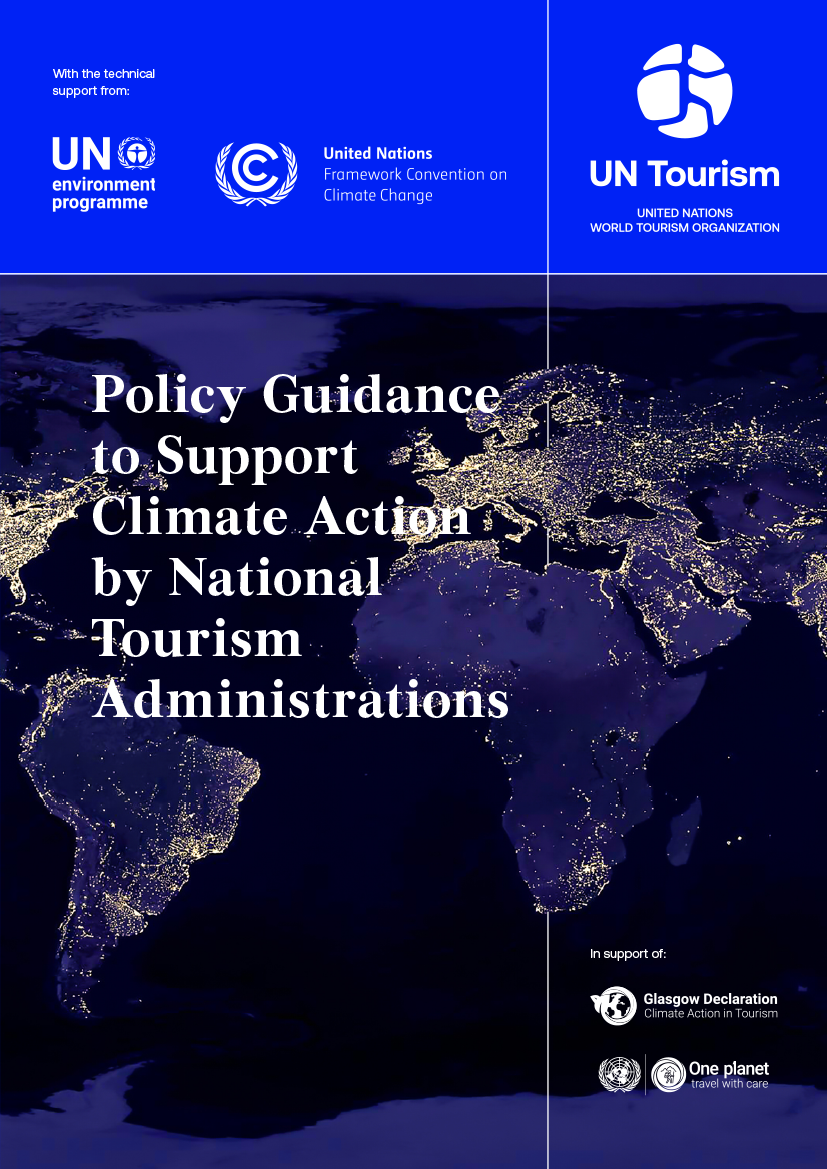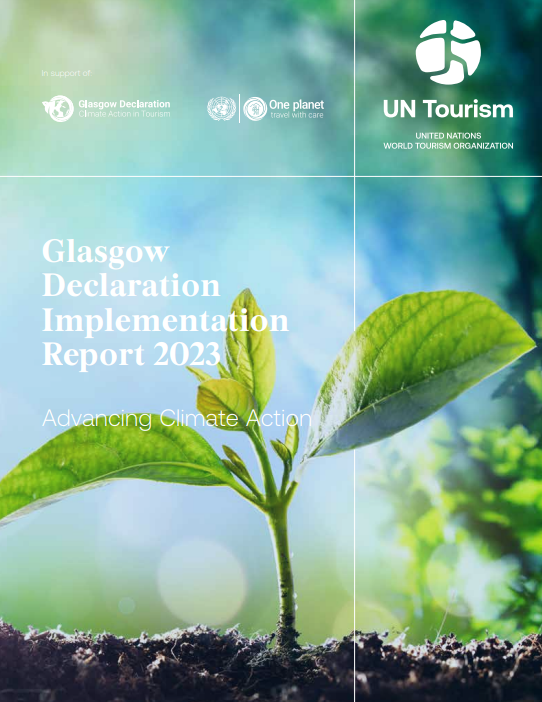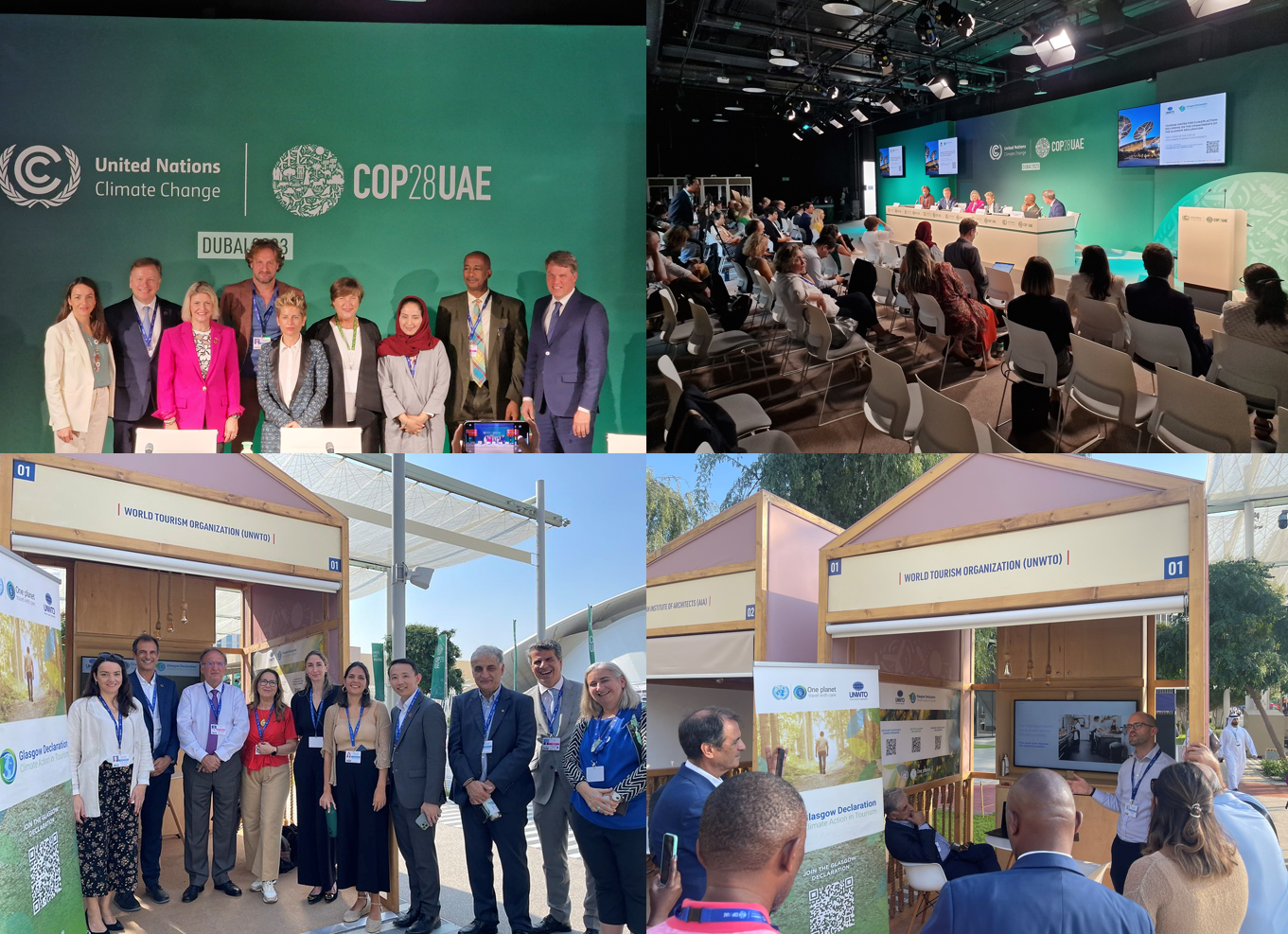Wild Sweden
Image

Wild Sweden is an awarded ecotourism company that has worked for more than 10 years and with guests from more than 75 countries around the world. Wild Sweden aims to offer genuine nature experiences that support both wildlife conservation and sustainable local economic development. Wild Sweden takes its customers to see moose, wolves, brown bears, beavers, and wolverines in the Swedish wilderness. Wild Sweden's tours range from 5-hour excursions to 8-day trips and include accommodation, food, and transport. Wild Sweden works to sustain the environment and to show that wild animals are most valuable to societies when alive and in their natural habitats.
Wild Sweden's objective is that their guests return home with more knowledge about and respect for wild animals and nature. Wild Sweden only uses local guides in order to take their customers to the best places for experiencing wildlife up close. The guides are nature experts, who explain the ecosystem and human-wildlife-interaction to their customers. About 50 % of the customers are very interested in and knowledgeable about nature, but not necessarily so about the Swedish wilderness. The other half of the clients are urban people who are initiated to, and get their first glimpse of, wild nature through Wild Sweden.
Wild Sweden cooperates with small, family-run guesthouses in rural areas to support local jobs and provide an authentic atmosphere. Guests are treated with locally produced food, often utilizing wild hunted meat such as wild boar and moose, and other forest bounty such as wild berries and mushrooms.
Wild Sweden has a policy to reuse and recycle whenever possible, which includes separating and recycling all waste. The boats are equipped with electric motors and hydropower is used to recharge the batteries. While using a minibus to access tour locations, driving is minimised and carbon emissions produced by Wild Sweden are offset through MyClimate.org, by supporting projects that reduce greenhouse gases directly.
Wild Sweden also helps to develop and promote new ecotourism projects and companies in the whole of Sweden. Wild Sweden has held more than 100 lectures and workshops across Sweden as well as in Norway. The reason for holding these lectures is that in Wild Sweden's opinion, ecotourism should grow not through significant growth of their own business but through replication and numerous new sustainable excursion businesses scattered around Sweden and beyond. Of course, this will mean more competition for Wild Sweden, but also more col-leagues and more wildlife experiences, without straining single excursion sites too much.
Wild Sweden tracks and monitors several wolf packs in the Bergslagen forests. Since 2006 they have provided data for the Scandinavian Wolf project that aims to monitor and learn more about the wolf population.
Partnerships
Wild Sweden works together with guesthouses, hotels and lodges that are locally owned, usually family-run, and mostly small-scale. They collaborate with local taxi and train companies to provide transport for their clients. They also cooperate with supermarkets and restaurants. Partners are chosen so that they serve meals with a local touch, with as much locally produced and/or organic ingredients as possible.
Wild Sweden is a member of the Swedish Ecotourism Society and three regional tourism boards, namely VisitVästmanland (VKL), Visit Södra Dalarna, and Siljan Turism. Through the regional tourism boards Wild Sweden receives invitations to seminars and activities arranged by VisitSweden. Success Factors
One of Wild Sweden’s main success factors is that they offer sustainable nature excursions, with unique wilderness experience and wild animals in their own habitats. It is also one of the focus points in their marketing.
Three other factors in the operation of Wild Sweden have been central to the success so far. First, Wild Sweden sells complete packages to their customers. This means that Wild Sweden is not selling only the nature activity but also the accommodation, transport and food the customers need. Second, Wild Sweden sells very specific and detailed packages, telling exactly what is included and what the customers get. Third, to reach many different people, Wild Sweden uses multi-channel distribution in its marketing. Wild Sweden sells tours to travel agencies around the world. Only about 50 % of the tours are booked via their own website. Half of the tours are sold through third parties, including travel agencies in other countries.
Key Results and Achievements
Wild Sweden's approach has gained them several awards. The awards also give customers high expectations, so Wild Sweden has to develop constantly in order to keep their customers satisfied. Wild Sweden has gained the following awards:
• Swedish tourism award “Stora Turismpriset”, 2015
• 50 Tours of a Lifetime, National Geographic, 2015
• Swedish Rural Development Project of the year, for the development process ”Ekoturism i praktiken”, 2010
• Grand Travel Award, Ecotourism company of the year in Sweden, 2009
• Nature's Best, the quality label for ecotourism, approved by the Swedish Ecotourism Society, since 2005
For being such a small company, Wild Sweden gets a lot of attention from magazines and websites from around the world. Social media is key in the business development: people want to share their experiences and through that, Wild Sweden gets publicity. Additionally, Visit Sweden and the travel agencies they cooperate with sometimes are contacted by a journalist interested in writing a story.
Sustainability Impacts
Wild Sweden attempts to minimise its carbon dioxide emissions, and offsets the remaining impacts. Also recycling of waste and limited amount of tours helps to protect the environment. By employing local guides, Wild Sweden has impact on local economy as well. Raising people's awareness of nature and wildlife may have a great positive impact through behaviour change.
Challenges and potential for further development
One lesson learned very early was that most of the clients are not Swedish, and that the biggest potential lies abroad. This is also why the main language of the webpage is English.
Another lesson learned is that it is good to know the other local tourism companies and meet with them, even though they might be competitors, since it provides opportunities to learn from each other. The best input does not necessarily come from the closest neighbour, but similar businesses abroad. Local, regional and national tourist boards are a good way to contact other local businesses. Wild Sweden is planning to begin to offer more long multi-day trips and probably less of the short day-trips. This way they will be able to sell more entire holiday experiences rather that providing just glimpses into nature. Expanding the tours to the arctic areas of Sweden is also a goal for the near future.
Contact person for more information:
Marcus Eldh, marcus@wildsweden.com
Wild Sweden cooperates with small, family-run guesthouses in rural areas to support local jobs and provide an authentic atmosphere. Guests are treated with locally produced food, often utilizing wild hunted meat such as wild boar and moose, and other forest bounty such as wild berries and mushrooms.
Wild Sweden has a policy to reuse and recycle whenever possible, which includes separating and recycling all waste. The boats are equipped with electric motors and hydropower is used to recharge the batteries. While using a minibus to access tour locations, driving is minimised and carbon emissions produced by Wild Sweden are offset through MyClimate.org, by supporting projects that reduce greenhouse gases directly.
Wild Sweden also helps to develop and promote new ecotourism projects and companies in the whole of Sweden. Wild Sweden has held more than 100 lectures and workshops across Sweden as well as in Norway. The reason for holding these lectures is that in Wild Sweden's opinion, ecotourism should grow not through significant growth of their own business but through replication and numerous new sustainable excursion businesses scattered around Sweden and beyond. Of course, this will mean more competition for Wild Sweden, but also more col-leagues and more wildlife experiences, without straining single excursion sites too much.
Wild Sweden tracks and monitors several wolf packs in the Bergslagen forests. Since 2006 they have provided data for the Scandinavian Wolf project that aims to monitor and learn more about the wolf population.
Partnerships
Wild Sweden works together with guesthouses, hotels and lodges that are locally owned, usually family-run, and mostly small-scale. They collaborate with local taxi and train companies to provide transport for their clients. They also cooperate with supermarkets and restaurants. Partners are chosen so that they serve meals with a local touch, with as much locally produced and/or organic ingredients as possible.
Wild Sweden is a member of the Swedish Ecotourism Society and three regional tourism boards, namely VisitVästmanland (VKL), Visit Södra Dalarna, and Siljan Turism. Through the regional tourism boards Wild Sweden receives invitations to seminars and activities arranged by VisitSweden. Success Factors
One of Wild Sweden’s main success factors is that they offer sustainable nature excursions, with unique wilderness experience and wild animals in their own habitats. It is also one of the focus points in their marketing.
Three other factors in the operation of Wild Sweden have been central to the success so far. First, Wild Sweden sells complete packages to their customers. This means that Wild Sweden is not selling only the nature activity but also the accommodation, transport and food the customers need. Second, Wild Sweden sells very specific and detailed packages, telling exactly what is included and what the customers get. Third, to reach many different people, Wild Sweden uses multi-channel distribution in its marketing. Wild Sweden sells tours to travel agencies around the world. Only about 50 % of the tours are booked via their own website. Half of the tours are sold through third parties, including travel agencies in other countries.
Key Results and Achievements
Wild Sweden's approach has gained them several awards. The awards also give customers high expectations, so Wild Sweden has to develop constantly in order to keep their customers satisfied. Wild Sweden has gained the following awards:
• Swedish tourism award “Stora Turismpriset”, 2015
• 50 Tours of a Lifetime, National Geographic, 2015
• Swedish Rural Development Project of the year, for the development process ”Ekoturism i praktiken”, 2010
• Grand Travel Award, Ecotourism company of the year in Sweden, 2009
• Nature's Best, the quality label for ecotourism, approved by the Swedish Ecotourism Society, since 2005
For being such a small company, Wild Sweden gets a lot of attention from magazines and websites from around the world. Social media is key in the business development: people want to share their experiences and through that, Wild Sweden gets publicity. Additionally, Visit Sweden and the travel agencies they cooperate with sometimes are contacted by a journalist interested in writing a story.
Sustainability Impacts
Wild Sweden attempts to minimise its carbon dioxide emissions, and offsets the remaining impacts. Also recycling of waste and limited amount of tours helps to protect the environment. By employing local guides, Wild Sweden has impact on local economy as well. Raising people's awareness of nature and wildlife may have a great positive impact through behaviour change.
Challenges and potential for further development
One lesson learned very early was that most of the clients are not Swedish, and that the biggest potential lies abroad. This is also why the main language of the webpage is English.
Another lesson learned is that it is good to know the other local tourism companies and meet with them, even though they might be competitors, since it provides opportunities to learn from each other. The best input does not necessarily come from the closest neighbour, but similar businesses abroad. Local, regional and national tourist boards are a good way to contact other local businesses. Wild Sweden is planning to begin to offer more long multi-day trips and probably less of the short day-trips. This way they will be able to sell more entire holiday experiences rather that providing just glimpses into nature. Expanding the tours to the arctic areas of Sweden is also a goal for the near future.
Contact person for more information:
Marcus Eldh, marcus@wildsweden.com


